Partners and donors
The Land Matrix Initiative is a partnership of five global organizations and four regional focal points (RFPs). A decentralised team of coordinators implement the decisions taken by the steering committee and support the RFPs in the development of their data, networking, research, and communication strategies.
GLOBAL PARTNERS
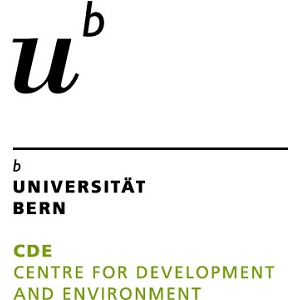
The Centre for Development and Environment (CDE) is the University of Bern’s centre of excellence for sustainable development and one of the University’s strategic research centres. It conducts research and teaching on behalf of a more sustainable world and aims to chart pathways to sustainable development in line with the UN’s 2030 Agenda for Sustainable Development. CDE is a member of the Land Matrix steering committee, research committee and technical team. It facilitates the customisation of National Land Observatories (NLOs) and ensures the integration and enhancement of geo-referenced data.
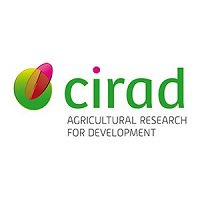
The Centre de Coopération Internationale en Recherche Agronomique pour le Développement (CIRAD) is a French research centre working with developing countries to tackle international agricultural and development issues. CIRAD is member of the Land Matrix steering committee and research committee. It supports data collection for Africa, coordinates the development of an Africa Observatory, and contributes to the establishment of National Land Observatories (NLOs) in Africa.
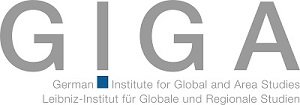
The German Institute for Global and Area Studies / Leibniz-Institut für Globale und Regionale Studien (GIGA) is a Hamburg-based research institute focused on political, economic, and social developments in Africa, Asia, Latin America, North Africa, and the Middle East. GIGA is a member of the Land Matrix steering committee, research committee and technical team. It is responsible for the data management and maintenance of the Land Matrix global database as well as supporting the global data collection and providing training for the Regional Focal Points and advice to Land Matrix users.

The Deutsche Gesellschaft für Internationale Zusammenarbeit (GIZ) is a German Federal Government enterprise, operating in international cooperation services for sustainable development across more than 130 countries. GIZ supports the initiative through various financial contributions. GIZ further supports data collection and verification.
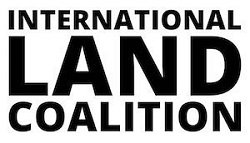
The International Land Coalition (ILC) is global alliance of civil society and intergovernmental organisations working together to promote secure and equitable access to and control over land for poor women and men through advocacy, dialogue, knowledge-sharing, and capacity-building. ILC is a member of the steering committee and technical team, and hosts the LMI coordinator and common basket fund. It supports the decentralisation of the initiative and linkages with global, regional, and national policy processes. It also facilitates opportunities of engagement with ILC members and, in particular, ILC National Engagement Strategy (NES) agendas at country level.
REGIONAL FOCAL POINTS
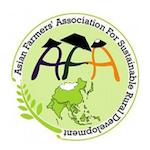
The Asian Farmers’ Association for Sustainable Rural Development (AFA) is an alliance of 20 national member farmers’ associations in 16 countries in Southeast, East, South and Central Asia, with a combined membership of around 13 million small-scale farmers and fishing and indigenous people. AFA is a member of the steering committee and is responsible for the management of the Asian regional page. It coordinates data collection, research, networking, and communications for the region.
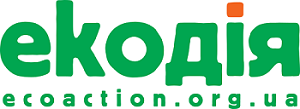
The Centre for Environmental Initiatives Ecoaction is a civil society organisation that consolidates experts and activists for common action from Europe to Central Asia, and works to change state practices and policies in the energy, transport, and agriculture sectors to consider environmental and social impacts. Ecoaction is responsible for the management of the Eastern Europe regional page and coordinates data collection, research, networking, and communications for the region.
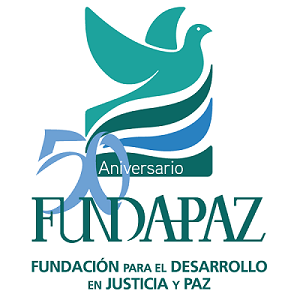
The Fundación para el Desarrollo en Justicia y Paz (FUNDAPAZ) is a civil society organisation that aims to contribute to reducing rural poverty in the Chaco region in Argentina, and supports the strengthening of indigenous organisations so that they can exercise their rights, self-manage their resources, and participate in making decisions that affect them. FUNDAPAZ is a member of the steering committee and is responsible for the management of the Latin America regional page. It coordinates data collection, research, networking, and communications with a number of partners in different countries of the region.
DONORS
The Land Matrix Initiative is financed and supported by the partner organisations as well as the following organisations:

The European Commission (EC) is the executive body of the European Union (EU). It is responsible for formulating EU development and thematic policies aimed at reducing poverty in the world, ensuring sustainable economic, social and environmental development, and promoting democracy, the rule of law, good governance, and the respect of human rights - notably through external aid.
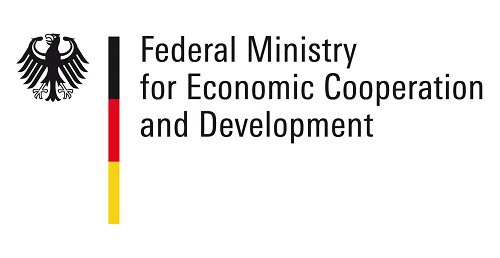
The German Federal Ministry for Economic Cooperation and Development (BMZ) is guided by the principles of reducing poverty worldwide, protecting the natural environment, building peace and realising democracy, and promoting equitable forms of globalisation. It draws up the government’s development policy guidelines and fundamental concepts and lays down the long-term development cooperation strategies. Based on this work policy, BMZ then develops bi- and multi-lateral interventions, including projects and programmes, with partner countries and at the international level.
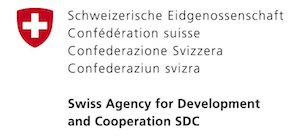
The Swiss Agency for Development and Cooperation (SDC) is responsible for implementing the country's Federal Council foreign policy on humanitarian aid, development, and cooperation with Eastern Europe. It supports countries in their efforts to overcome poverty- and development-related challenges.
Note: Supporters are not responsible for the choice and the presentation of the facts contained on this website.
FORMER DONORS AND PARTNERS
The Land Matrix is grateful to the following former donors and partners for their valuable contributions towards the furthering of a shared vision for transparent and inclusive land governance and tenure security.
Former partners
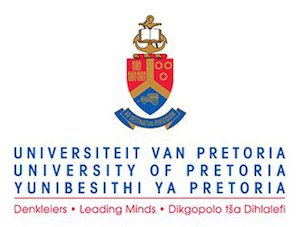
The University of Pretoria (UP) is a major academic institution in Africa. The university's Post-Graduate School of Agriculture and Rural Development, Department of Agricultural Economics, and Centre for the Study of Governance Innovation are all engaged in the development of consistent data with regard to agriculture and land governance, and are involved in the Land Matrix Initiative. The university is responsible for the management of the Africa regional page and coordinates data collection, research, networking, and communications for Africa.

Expertise France is the French public agency for international technical assistance. It designs and implements projects which aim to contribute to the balanced development of partner countries, in line with the Sustainable Development Goals of the 2030 Agenda and the priorities of France’s external action. Expertise France’s mission is to meet the demand of partner countries seeking to enhance the quality of their public policies in order to address the environmental, social, economic, and security challenges they are facing.
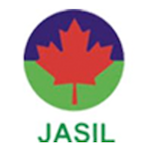
JASIL is a Mongolian non-governmental organisation that aims to provide support for community based pro-poor policies and facilitate the empowerment of communities and its associations, as well as promote sustainable management of natural resources and land through equitable and participatory processes.
Former donors
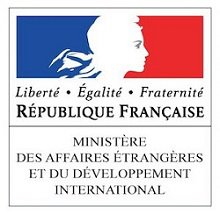
The French Ministry of Foreign Affairs maintains relations with other states and international organisations and proposes and develops the policies of the Council of Ministers in the field of foreign affairs. The ministry also supervises project implementation through the relevant agencies and cooperation with other government institutions as well as local government bodies, the business community, trade unions, and social organisations.